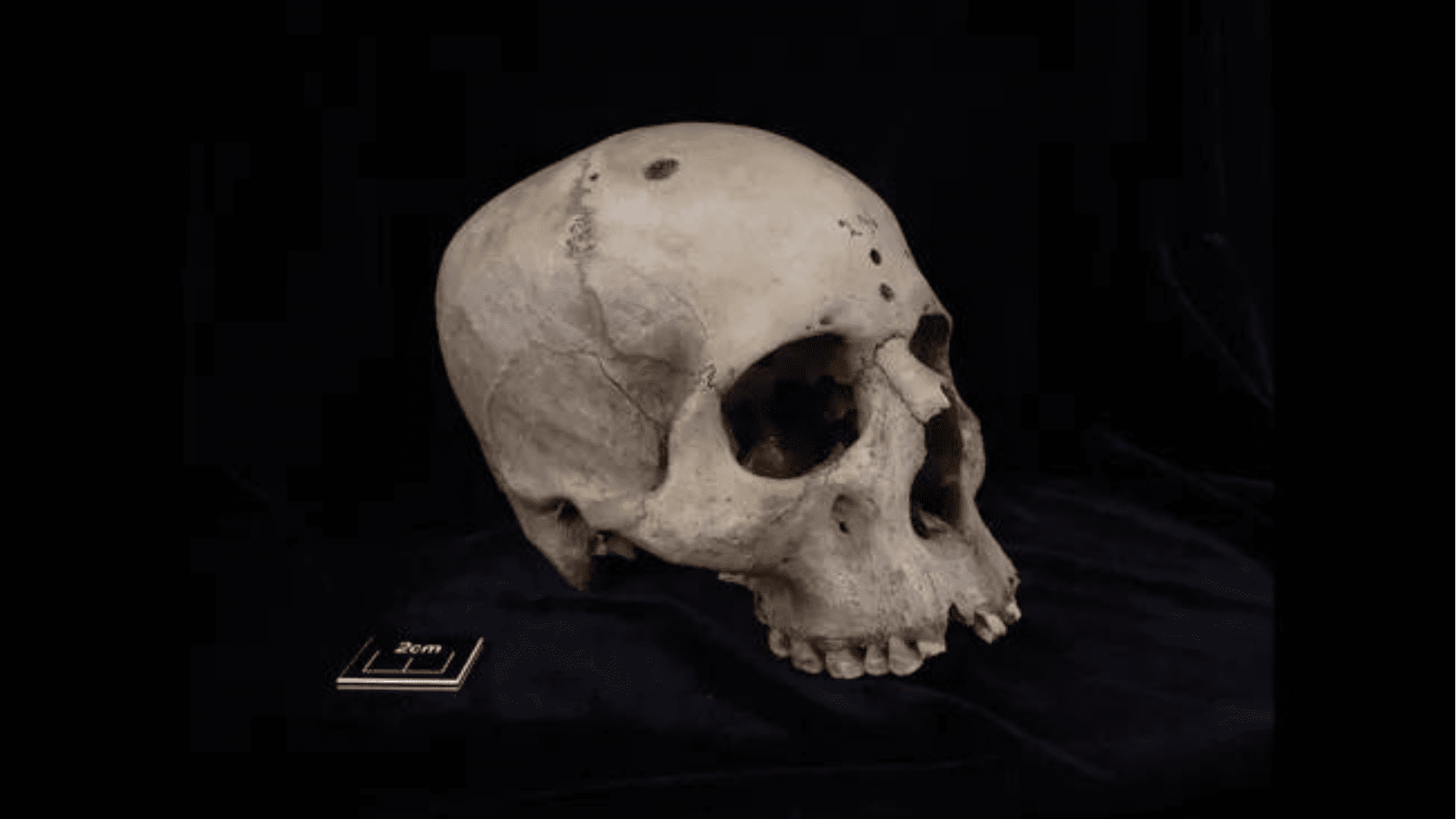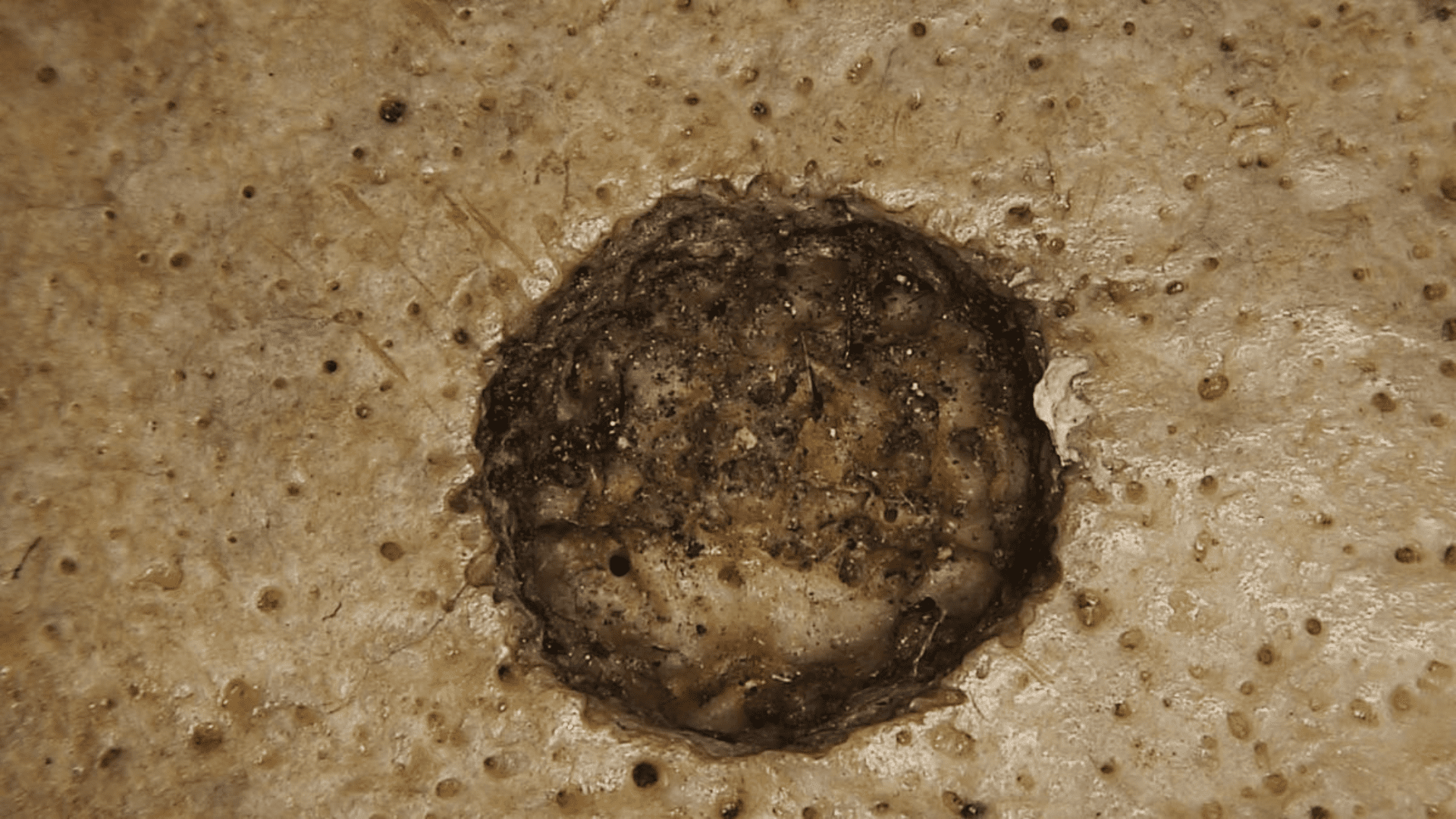Researchers recently discovered that ancient Egyptians tried to treat cancer over 4,000 years ago. A new study analyzes a skull with several surgical cuts. The human skull is from the University of Cambridge’s Duckworth Collection and dates back between 2686 and 2345 B.C.
Ancient Cancer Treatment

In addition to evidence of a large primary tumor, about 30 smaller metastatic lesions are present. The researchers discovered cut marks surrounding the lesions, possibly from a sharp metal instrument. This suggests that ancient Egyptians tried to perform some kind of surgery to treat the patient. Researchers believe the skull belongs to a man in his early 30s.
Until now, the oldest-known description of cancer is from around 1600 B.C. However, this is considered a copy of previous work from centuries before. The text outlined several breast tumors but emphasized that there was no treatment for it. Researchers published their recent findings on May 29 in the journal Frontiers in Medicine. According to the authors, the findings could shift our idea of when modern medicine started.
“What we found is the first evidence of a surgical intervention directly related to cancer,” study co-author Edgard Camarós Perez, a paleopathologist at the University of Santiago de Compostela in Spain, told Live Science. “This is where modern medicine starts.”
Ancient Egyptian Medicine

Explore Tomorrow's World from your inbox
Get the latest science, technology, and sustainability content delivered to your inbox.
I understand that by providing my email address, I agree to receive emails from Tomorrow's World Today. I understand that I may opt out of receiving such communications at any time.
In addition to the man’s skull, researchers analyzed a woman’s skull that they believed lived until 50 years old from 664 and 343 B.C. Her skull is also housed at the University of Cambridge’s Duckworth Collection. Like the man’s skull, the woman also has a large lesion that is suggestive of cancer. However, there are two additional wounds from traumatic injuries. The team believes they are from an attack from a sharp weapon.
The two additional lesions healed, hints that ancient Egyptian medicine was good enough to treat her wounds but not the cancer. According to the researchers, their findings suggest that cancer was a “frontier” for ancient Egyptian medicine. Perez said there may have been some efforts to treat the cancer but failed. However, he said, they can’t acknowledge that without the patient’s clinical records.
In the future, the team wishes to look further back in time to learn more about how humans treated cancer over thousands of years.
Perez said, “If we know that more than 4,000 years ago, ancient Egyptians were trying to understand cancer at a surgical level, we are absolutely convinced that this is just the beginning of something that started many, many thousands of years ago.”







